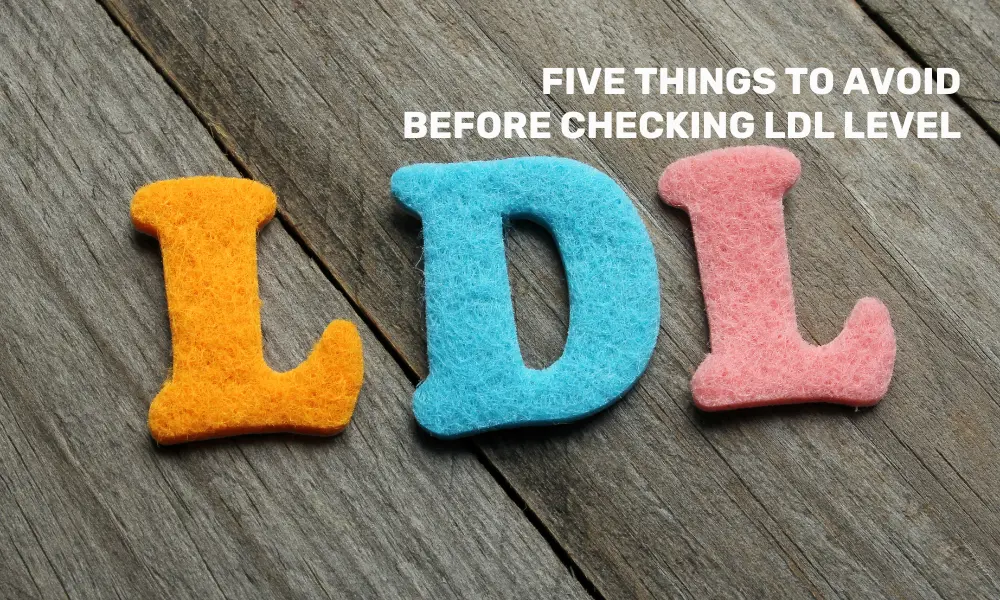Headache is a universal complaint. Most people suffer from headaches at least once in their lifetime. Headaches have become a common health issue irrespective of age and type of work people undertake.
Headache is generally a pain in the head or face, that is described as a pressure that may be throbbing, sharp, constant, or dull. Headaches can differ in regards to pain type, location of pain, severity, and frequency.
Some causes of headaches are benign, and some causes may be dangerous. It is critical to know the cause of headache to determine the treatment. Headache is generally classified as a primary headache in which there is no specific cause, and a secondary headache is one in which causes may be high BP, sinusitis, infection, traumatic headache, blood clot in the brain, tumors, etc.
Recognition, evaluation, and appropriate management of headaches are necessary to improve the quality of our lives.
-
Tension-type headache: This type of headache is generally moderately severe. One may feel like a tight band around the head, with heaviness in the head. This is one of the most common types of headaches.
-
Migraine: It occurs on only one side of the head and lasts from about 4-72 hours unless treated by medicines, it is a partial headache. A person suffering from migraine may experience nausea or vomiting. Certain triggers for migraine may include less sleep, missed meals, odd smells, alcohol intake, and excessive exposure to sunlight.
-
Cluster headache: It occurs behind the eyes and is described as being stabbed in the eye. It is also known as a suicidal headache due to the severity of the pain. A person having this headache may experience watering of the eyes and nose and redness of the eyes.
-
Post-traumatic headache: It generally occurs after any head or neck injury. It may start seven days after injury and may last up to months. The location of this headache is in the neck, front of the head, or side of the head.
-
Medication overuse headache: Generally, patients suffering from recurrent headaches tend to use frequent painkillers, which cause this type of headache, often termed as medication overuse headaches.
-
Sinus headache: It occurs inside the cheeks and forehead. There is almost continuous pain, and there may be associated fever, nose block, and post-nasal drip of the mucosa.
-
Worrisome symptoms of headache: Some symptoms of headache are considered red flags. If a person experiences these symptoms, then he or she, needs urgent medical attention and treatment. These symptoms may include presence of very high BP, headache in pregnancy, age more than 50 years, headache that awakens from sleep, double vision, weakness in hands and legs, seizures.
Treatment of Headache:
Treatment of headache may either be abortive or preventive. In abortive therapy, the patient takes medicine once symptoms occur. In preventive therapy, the patient takes a course of medicine to prevent the occurrence of headaches. These medicines are tailor-made for each patient depending on their age, gender, associated symptoms, comorbidities, etc.
What to do when a headache occurs:
One may treat the occasional or mild headache at home with self-care treatments for headaches, which may include:
-
Applying cold or heat packs to head.
-
Doing stretching exercises.
-
Massaging head, neck or back.
-
Resting in a dark and quiet room.
-
Take a walk.
-
Lie down or taking a nap may also help.
-
Take over-the-counter/ prescription medicine for headaches as advised by a doctor,
When to rush to hospital:
In the case of sudden onset of severe headache, a headache that has lasted more than three days, presence of fever, stiff neck, seizures, any neurological deficits, headache following trauma, pregnancy. These patients may need investigations like neuroimaging to rule out serious causes and should be rushed to a healthcare provider urgently.
In case headaches interfere with our daily functioning or affect our mood, it is important to identify the trigger and consult a doctor.





